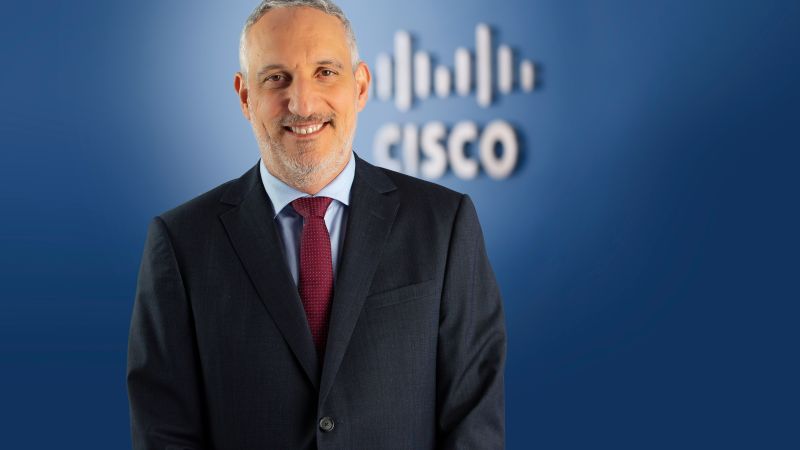Cisco has called on healthcare providers in the UAE to take urgent action to strengthen cybersecurity and safeguard patient data as the sector rapidly embraces digital transformation.
The technology company outlined five priority actions designed to help hospitals and medical institutions build resilience, manage risks, and maintain trust in an increasingly digital-first environment.
Healthcare is one of the world’s most targeted industries for cyberattacks due to the high value of patient data, reliance on outdated systems, and vulnerabilities linked to human error. Globally, phishing remains the most common entry point for breaches, while weak passwords and shadow IT continue to create risks.
In the UAE, where hospitals are adopting technologies such as electronic health records (EHRs), telemedicine and AI-driven diagnostics, the stakes are particularly high. The country’s strong digital infrastructure has accelerated innovation in healthcare, but it has also heightened exposure to cyber threats.
To address this, Abu Dhabi’s Department of Health introduced the Abu Dhabi Healthcare Information and Cyber Security Standard (ADHICS), requiring providers to implement protections such as firewalls, encryption, multi-factor authentication and incident response plans.
“Cybersecurity is no longer just an IT issue – it is a core component of patient services and digital resilience in healthcare,” said Fady Younes, Managing Director for Cybersecurity at Cisco in the Middle East, Africa, Türkiye, Romania and CIS.
He added: “Healthcare organisations must safeguard systems and data not only through strong regulation, but also by embedding a culture of security into everyday operations. Cisco is committed to working closely with UAE institutions to strengthen defences and stay ahead of evolving threats.”
Five key actions
Cisco’s recommendations focus on tackling legacy vulnerabilities, modernising spending models and embedding security across all levels of healthcare delivery:
- Address outdated IT systems – Treat legacy systems and medical devices as systemic risks to healthcare delivery.
- Reimagine IT spending – Allow greater flexibility between capital and operational budgets to sustain advanced cybersecurity solutions.
- Prioritise training – Make regular, sector-specific cybersecurity training mandatory for all staff, including frontline medical teams.
- Encourage collaboration – Promote regional resource sharing and collective cyber exercises to reduce costs and extend threat intelligence.
- Protect electronic health records – Ensure robust access controls, encryption and secure interoperability standards for EHRs.
Cisco argues that improving security requires cooperation between governments, regulators, providers and technology partners. The company stressed that protecting healthcare from cyberattacks is vital not just for safeguarding data, but also for maintaining continuity of care in the digital era.
“By addressing legacy weaknesses, building collaboration, and embedding security into operations, the UAE can continue to deliver world-class healthcare while ensuring public trust,” Cisco said.

